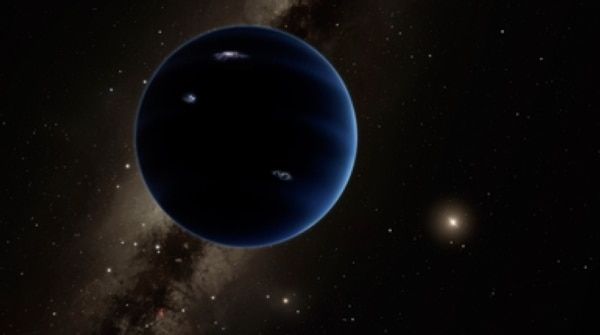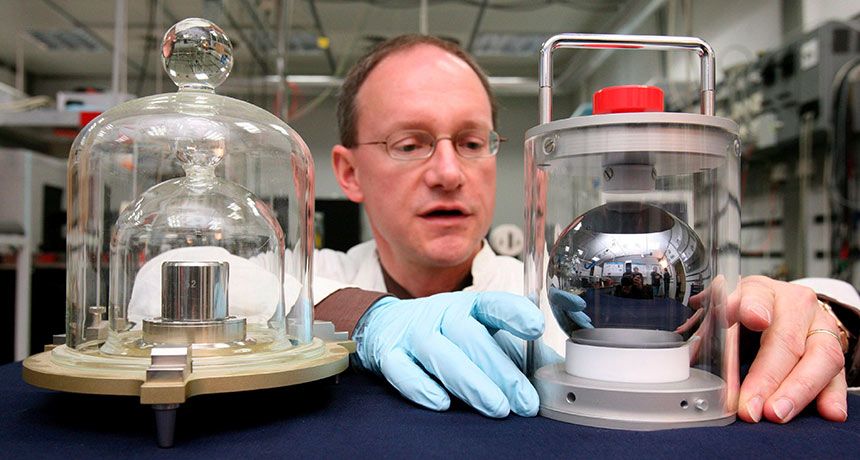Page 10283
Nov 7, 2016
Studying the Building Blocks of Life in Stereo Sound
Posted by Shailesh Prasad in category: media & arts
To make it easier to sift through data on proteins, a composer and a biologist turned them into music, an approach that could have many applications.
Nov 7, 2016
The Air Force Wants A Universal Translator
Posted by Shailesh Prasad in categories: robotics/AI, surveillance
Nov 7, 2016
Researchers Make Vocal Cords In The Lab
Posted by Shailesh Prasad in category: biotech/medical
Nov 7, 2016
Scientists Watch Stem Cells Regrow Brain Tissue
Posted by Shailesh Prasad in categories: biotech/medical, neuroscience
Transplanted embryonic neurons can properly connect into the developed visual cortex of adult mice and improve the animals’ sensitivities to visual cues over time, scientists reported today (October 26) in Nature. By demonstrating that added neurons can become fully functional in circuits that normally do not rewire in adulthood, the team’s results suggest that the brain may be more plastic than previously thought.
Nov 7, 2016
NASA Wants A Supersonic X-Plane Without The Boom
Posted by Shailesh Prasad in category: transportation
Nov 7, 2016
Units of measure are getting a fundamental upgrade
Posted by Shailesh Prasad in category: cosmology
And a shifting speed of light could revise current views about the evolution of the infant universe. Scientists think that a period of inflation caused the newborn cosmos to expand extremely rapidly, creating a universe that is uniform across vast distances. That uniformity is in line with observations: The cosmic microwave background, light that emerged about 380,000 years after the Big Bang, is nearly the same temperature everywhere scientists look. But cosmologist João Magueijo of Imperial College London has a radical alternative to inflation: If light were speedier in the early universe, it could account for the universe’s homogeneity.
“As soon as you raise the speed limit in the early universe,” Magueijo says, “you start being able to work on explanations for why the universe is the way it is.”
A finely tuned universe.
Continue reading “Units of measure are getting a fundamental upgrade” »
Nov 7, 2016
Facebook Could Be Associated With a Longer Life, Study Finds
Posted by Shailesh Prasad in category: life extension
While the social media company cooperated with the research, it tracks other findings that social ties are linked to longevity.
Hundreds of researchers in a collaborative project called “It from Qubit” say space and time may spring up from the quantum entanglement of tiny bits of information.


















